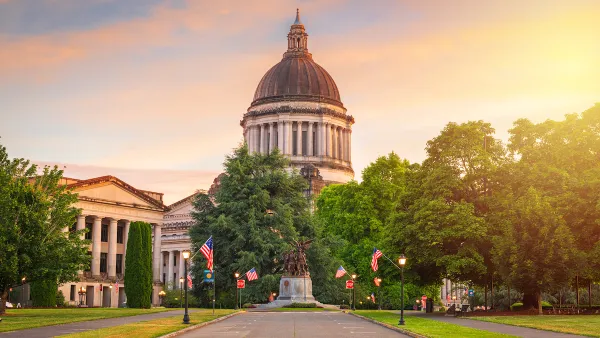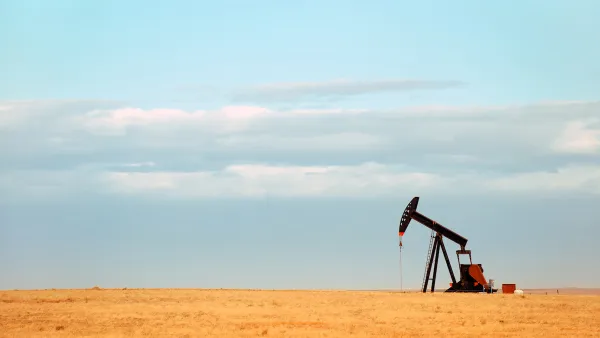Norway takes this responsibility seriously. Not only will it double its carbon tax, in existence since 1991, but it will use revenues to invest in renewable energy and food security in the developing world while expanding its own oil exploration.
Severin Carrell, Scotland correspondent for the Guardian UK, reports that Norway, one of the worlds leading and wealthiest oil exporters "has proposed increasing its carbon tax on offshore oil companies by £21 to £45 (Nkr410) per tonne of CO2 and a £5.50 (Nkr50) per tonne CO2 tax on its fishing industry." The increased tax revenue will be used to "set up a £1bn fund to help combat the damaging impacts of climate change in the developing world." In addition, funds will be spent on "climate change mitigation, renewable energy, food security in developing countries and conversion to low-carbon energy sources."
"The Oslo government is also to spend £69m on buying carbon credits in 2013, to help offset its emissions, force through new building regulations to make all new homes carbon-neutral by 2015 and increase efforts to heavily cut emissions from cars, switching to electric vehicles."
Carrell contrasts Norway's treatment of oil revenues with Scotland's. "Scottish waters account for about 80% of the UK's North Sea oil and gas fields, which produced 1m barrels of oil a day in August."
While neither "the UK or Scottish government has supported a carbon tax on the oil and gas industry", Scotland, which "looks to Norway as a model for its independence plans, has greatly increased its funding and support for renewable energy investment."
"Richard Dixon, director of WWF Scotland, said: "Norway is showing how you can use oil income to fund the transition out of oil, we should be doing the same with UK oil revenues."
"Alex Salmond, Scotland's first minister, said (Oct. 10) that oil economies have a "moral obligation" to increase low-carbon energy and tackle climate change, but says there is no contradiction in maximising oil, gas and coal production."
Thanks to Bonnie McClure
FULL STORY: Norway to double carbon tax on oil industry

National Parks Layoffs Will Cause Communities to Lose Billions
Thousands of essential park workers were laid off this week, just before the busy spring break season.

Retro-silient?: America’s First “Eco-burb,” The Woodlands Turns 50
A master-planned community north of Houston offers lessons on green infrastructure and resilient design, but falls short of its founder’s lofty affordability and walkability goals.

Delivering for America Plan Will Downgrade Mail Service in at Least 49.5 Percent of Zip Codes
Republican and Democrat lawmakers criticize the plan for its disproportionate negative impact on rural communities.

Test News Post 1
This is a summary

Test News Headline 46
Test for the image on the front page.

Balancing Bombs and Butterflies: How the National Guard Protects a Rare Species
The National Guard at Fort Indiantown Gap uses GIS technology and land management strategies to balance military training with conservation efforts, ensuring the survival of the rare eastern regal fritillary butterfly.
Urban Design for Planners 1: Software Tools
This six-course series explores essential urban design concepts using open source software and equips planners with the tools they need to participate fully in the urban design process.
Planning for Universal Design
Learn the tools for implementing Universal Design in planning regulations.
EMC Planning Group, Inc.
Planetizen
Planetizen
Mpact (formerly Rail~Volution)
Great Falls Development Authority, Inc.
HUDs Office of Policy Development and Research
NYU Wagner Graduate School of Public Service





























